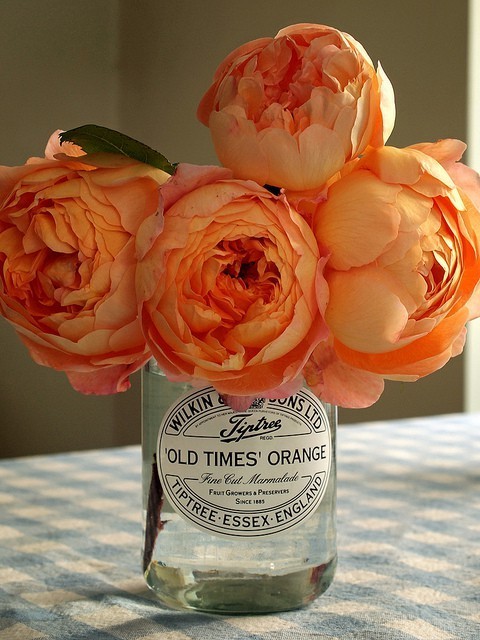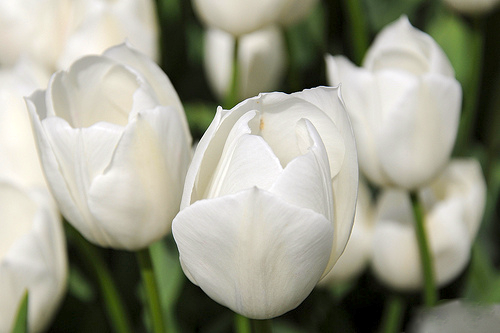Then it got me on to thinking about life and love and first dates and how with all the techno gadgets and social media available these days, things are so different. Dalene and I were telling Amy how "in our days" girls had to wait for a guy to phone you to ask you out. Poor guys would have to build up courage to dial your land line and then have to get past your mother (or father or sister) and announce themselves. Then once you were on the line to the brave boy, who usually had to answer a few questions fired to him by your mother, you felt a little bit bad (very bad) to say "No, sorry I can't go out with you". I always felt too bad to say "No". Dalene however, never went out with anyone she did not really fancy and did not feel guilty saying "Sorry, I am already going out (even if she wasn't)". She was happier at home with her Bee Gees LP's and Jackie magazines than out on the town with someone who was not up to her high standards. I must confess that there were a couple of times when I just could not go through with it and had to pretend to have to babysit my little brother. The best story of all was when I agreed to go on a date with this much older guy (who had a sports car) and seemed very sophisticated to me. He walked up the driveway and I spied him out of my bedroom window (I was all dressed up and ready to go) but as I viewed him in broad daylight combing his already perfectly blow dried mullet, I jumped straight into my bed, fully clothed. I shouted for my mother and Dalene to please tell him that I had had an asthma attack. I whisked out my pump and lay there breathing deeply into my Ventolin inhaler. My mother still brought him through to my doorway to see the production I was putting on. I still blush and hide whenever I see him. (He is always on the same stool holding up the bar at Forres (whenever I go there)).
But more like this:-
Amy's Blackberry does not stop beeping. She only started attending parties a month or two ago and she has now has a couple of interested suitors. Not nearly as difficult for guys today to get in touch with a girl - a BBM pin, a new Facebook friend and Bob's your uncle. It works both ways though because it is as easy now for a girl to think about the date she is accepting before just saying "Yes, sure, that will be cool" and then having to overdose on your asthma pump when he arrives at the door.
Amy's Blackberry does not stop beeping. She only started attending parties a month or two ago and she has now has a couple of interested suitors. Not nearly as difficult for guys today to get in touch with a girl - a BBM pin, a new Facebook friend and Bob's your uncle. It works both ways though because it is as easy now for a girl to think about the date she is accepting before just saying "Yes, sure, that will be cool" and then having to overdose on your asthma pump when he arrives at the door.
Stay fussy Amy
Cheers for now. Off to meet a friend for a birthday drink (at Forres). Will let you know if "the mullet" is there.





















